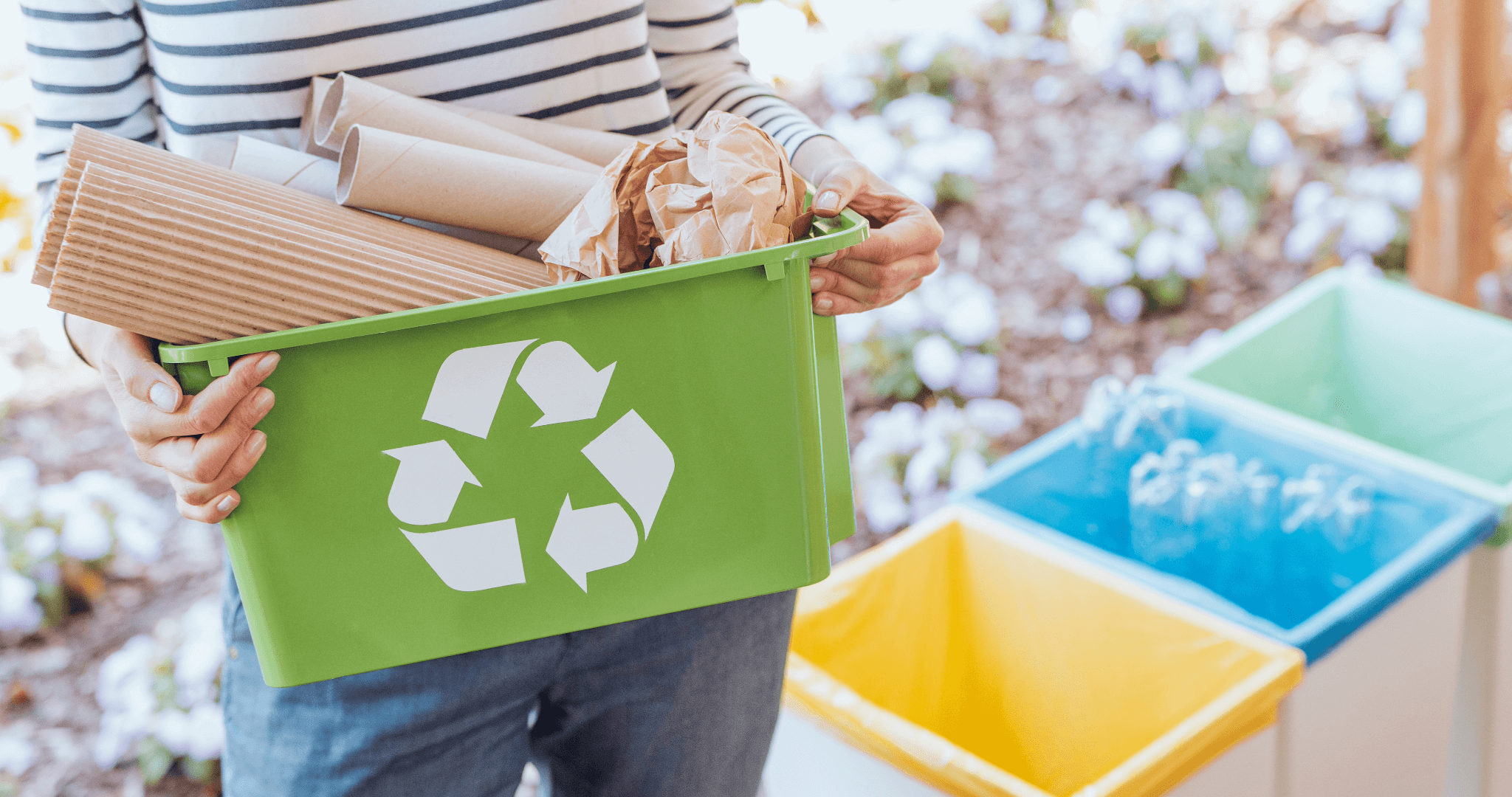UK's New Food Recycling Laws: What Businesses Need to Know
Posted by Emily on 4th Dec 2023 Reading Time:
The UK is undergoing significant changes in food recycling regulations, impacting businesses across England, Wales, and Scotland. On 21 October 2023, the Department for Environment, Food and Rural Affairs (Defra) announced the "Simpler Recycling" rules for England, mandating separate food waste collections and a standardised recycling list for all councils by March 2026. This change is crucial as only about half of the English councils currently collect food waste separately.

New waste recycling legislation in Wales will be effective from 6 April 2024 as part of its commitment to achieving net zero by 2050. This mandates all non-domestic premises to separate recyclable materials from other waste. The Welsh Government's focus on strengthening anaerobic digestion infrastructure is evident, as households already have universal weekly separate food waste collection.
Scotland has been ahead in this arena since 1 January 2014, with most urban food businesses required to present food waste separately under the Waste (Scotland) Regulations 2012. Non-compliance could result in fines of up to £10,000, emphasising the importance of responsible waste management.
England's progress in this area has been slower. The Environment Act 2021 outlined regulations for food waste separation and collection, but the implementation date remains unclear. Defra's 2018 Strategy set ambitious recycling targets, but delays have pushed the introduction of consistent collection and other schemes from 2023 to 2025-2026.
Preparing for the Changes
Businesses can prepare for these reforms by conducting waste audits, segregating waste streams, ensuring proper labelling and training, and exploring economical solutions like dewatering or on-site composting. Embracing the three Rs – reduce, reuse, recycle – can significantly cut costs and environmental impact.
National Audit Office report on Defra's waste reforms progress
The National Audit Office's (NAO's) waste reforms progress report, published on 30 June 2023, gives insight into why the Government delayed requiring businesses to change their recycling processes in England.

Conclusion and Encouragement for Engagement
As the UK strides towards more sustainable waste management practices, businesses must stay informed and adapt proactively to these changes. Understanding these new regulations and preparing in advance will comply with legal requirements and contribute to a greener future.
We invite you to share your thoughts and experiences regarding these new recycling laws. How is your business preparing for these changes? Leave a comment below and join the discussion.

